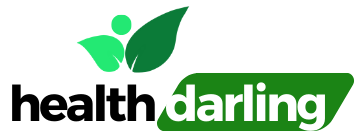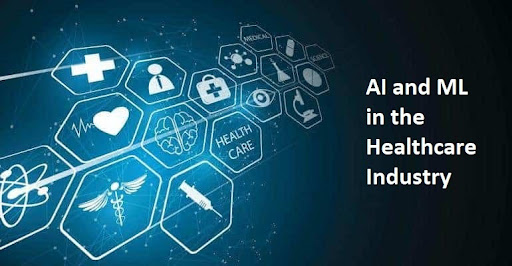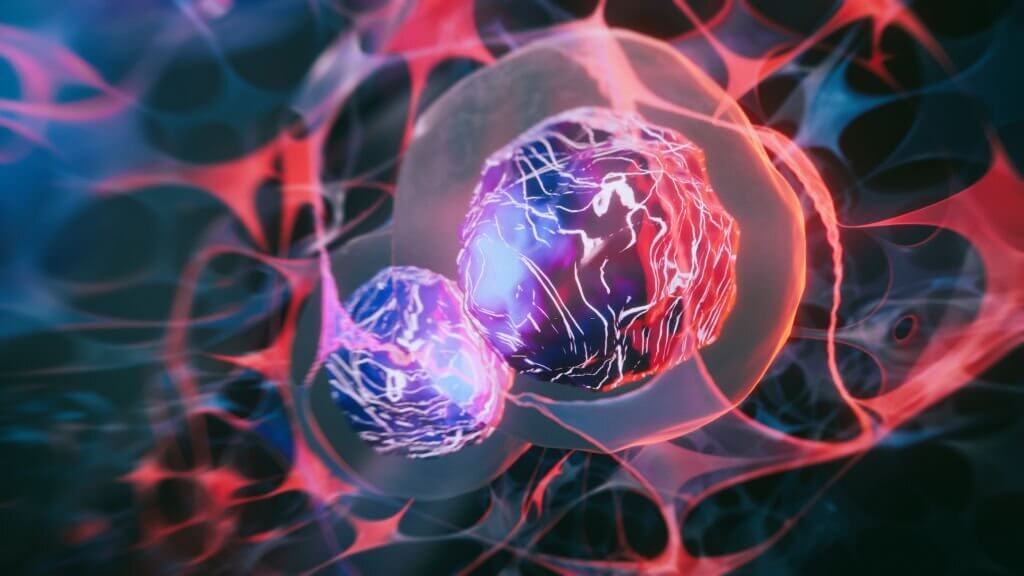The Healthcare Industry is in the midst of a transformative period. Artificial intelligence and Machine Learning are two core technologies that will transform the industry, delivering enormous benefits for patients and providers.
Artificial Intelligence (AI) and machine learning (ML) are coming together to revolutionize the healthcare industry. Hospitals are particularly interested in artificial intelligence and machine learning because the technology can help hospitals make better use of their data and predict outcomes better.
Artificial Intelligence (AI) and Machine Learning are going to have a significant impact on the Healthcare industry. In the next 10 years, we should have an AI-driven healthcare platform, where AI can diagnose diseases, predict exacerbations, and prescribe medications.
Artificial intelligence and machine learning are two terms that have been used interchangeably as they relate to the same technology. The rise of artificial intelligence means smart machines can now learn from data.
The potential benefits of Artificial Intelligence (AI) and machine learning (ML) are evident in just about every industry. But for healthcare professionals, the technology offers so much more than just efficiency.
Artificial intelligence and machine learning (both AIs and MLS) are at the core of new technologies like digital assistants and autonomous cars, and they’re only going to grow more important in the years ahead.
Healthcare is undergoing a digital transformation, with the use of artificial intelligence (AI) and machine learning (ML) to improve patient outcomes.
Artificial intelligence is where computers mimic human intelligence, while machine learning is an area of computer science that is all about making machines learn from data.
In recent years, Artificial Intelligence and Machine Learning (AI/ML) have become buzzwords, with many companies racing to be the first to leverage AI/ML technology.
Artificial intelligence (AI) and machine learning (ML) are already making their way into healthcare through applications like electronic medical records. As I’m writing this, I’m tracking the latest news stories about how hospitals are transforming their care with artificial intelligence to help doctors diagnose disease, operate more efficiently, and much more.
The integration of artificial intelligence and machine learning is a big thing these days. Artificial Intelligence is a way computers work that’s similar to the human brain, and Machine Learning is the process of computers learning from data.
A large hospital network has developed an artificial intelligence system that allows the medical staff to prevent patient deaths before they happen, thereby improving patients’ quality of care.
However, despite the hype, AI/ML is still in its infancy. Today, AI/ML can be generally defined as the use of digital technologies to drive business outcomes. Those outcomes can range from operational efficiencies to more impactful benefits, such as greater consumer engagement.
Modern healthcare systems face challenges ranging from hyper-competition to rising costs, pressure to improve patient outcomes, and escalating regulatory demands. AI/ML technology can be used to help solve these challenges.
The healthcare industry represents an enormous opportunity for AI/ML. The industry is $3.7 trillion in the U.S. alone and is expected to grow at twice the rate of the economy over time. AI/ML can help drive better patient outcomes, provide better care coordination, improve operational efficiency, and reduce costs.
The healthcare industry uses several forms of AI/ML, including deep learning, image recognition, natural language processing (NLP), and anomaly detection. Deep learning algorithms are a subset of AI/ML that utilize neural networks. These algorithms are powerful, powerful enough to build complex models that can autonomously learn and make decisions.
AI/ML’s potential to transform the healthcare industry is being realized by companies throughout the healthcare industry. Healthcare providers are leveraging AI/ML to improve care delivery, reduce costs, and increase efficiency. Insurers are likewise adopting AI/ML to improve customer service, improve the accuracy of claims processing, reduce fraud, reduce administrative costs, and improve underwriting.
Artificial Intelligence (AI) is the science of building machines that can do things as if they were people. Machine learning (ML) is the science of making machines do that. Machine learning is a subfield of AI.
The term artificial intelligence (AI), popularized by the 1956 movie “2001: A Space Odyssey”, refers to the possibility of creating machines that can learn and think like humans. A more recent term, machine learning (ML), was coined in 2002 by computer scientists and data scientists.
Machine learning is an approach to artificial intelligence that works by taking large amounts of data and using algorithms to identify patterns or correlations. Those algorithms, or models, are then used to make predictions about new data. Machine learning is used for a whole host of tasks, including medical diagnosis, speech recognition, and translation. In recent years, machine learning has become an important part of healthcare.
AI and machine learning have applications in several areas, including healthcare, where systems can analyze and report on large data sets, identify patterns and relationships, and make predictions about specific people.
As the technology behind machine learning and AI develops, it has the potential to make healthcare more efficient, effective, and personalized.
The possibilities offered by AI and machine learning in healthcare are numerous. For example, machine learning algorithms allow doctors to recommend the best possible treatment for patients, based on a set of parameters and their medical history.
Similarly, machine learning can help doctors identify patterns in large sets of medical data, such as X-rays or MRIs. Researchers can then use those patterns to discover new patterns, leading to new discoveries about diseases and new ways to treat or diagnose them.
Machine learning also has the potential to revolutionize the way healthcare. Machine learning can also be used to analyze symptoms and medical data, making it possible to predict whether an individual patient is likely to develop a particular disease or condition. Using predictive analytics, healthcare providers can determine whether their patients should be screened for a particular disease, or take a particular medication, based on potential outcomes.
AI and Machine Learning in healthcare seem obvious, but in healthcare, it can be challenging. For example, it is difficult to find high-quality data to train AI models. Another problem is data sharing.
AI and ML are powerful tools. But like anything else powerful, they can be used for good and for ill. They are powerful tools of prediction and diagnosis, but they are also powerful tools of deception.
Both AI and ML are widely used in the healthcare field. In summary, AI and Machine Learning in healthcare are going to have a huge impact, but it will not be overnight.
Author’s Bio:
| I am Katrina Bennett working with Local Injury Network one of the healthcare services providers. I like to spend my time writing about healthcare and the latest technology news. In my free time, I enjoy reading about science and fiction. Connect me on Facebook, Linkedin |











